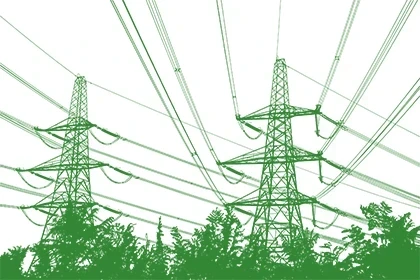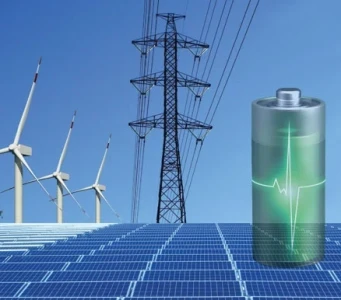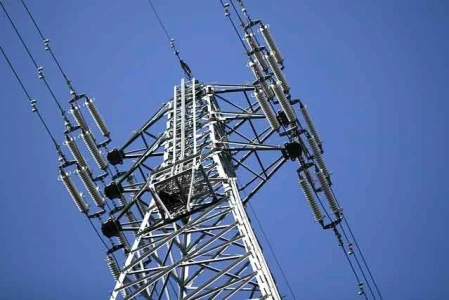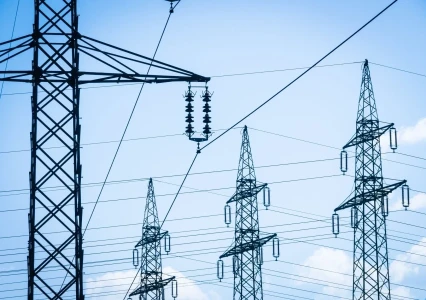Solar for All Protected from Trump's IRA Rollback

In December 2024, the U.S. Environmental Protection Agency (EPA) announced that the $7 billion "Solar for All" program is set to begin implementation early next year. This initiative aims to install solar panels in nearly a million low-income households over the next five years, significantly reducing utility bills and promoting energy equity.
Program Overview
"Solar for All" is designed to provide solar power to low-income and disadvantaged communities through grants, loans, or a combination of funding, depending on the state. The program is projected to save the average recipient $400 annually in utility costs. The EPA has already obligated funds for 60 initiatives, ensuring that these projects are on track to commence in the coming year.
Political Landscape
The program's future has been a topic of concern, especially with President-elect Donald Trump's expressed intentions to repeal the Inflation Reduction Act (IRA), which includes funding for "Solar for All." However, the EPA's commitment to the program suggests that it may be insulated from potential rollbacks. Ben Norris, Vice President of Regulatory Affairs for the Solar Energy Industries Association (SEIA), noted that the program's job creation potential—estimated at 200,000 jobs—could make it more challenging for the incoming administration to dismantle.
Community Impact
The "Solar for All" program is expected to have a profound impact on low-income households by providing access to affordable, renewable energy. Beyond financial savings, the initiative aims to empower communities, reduce reliance on fossil fuels, and contribute to environmental justice. The program's implementation is anticipated to create significant employment opportunities, further benefiting the communities it serves.
Despite political uncertainties, the "Solar for All" program is poised to advance, bringing solar energy benefits to underserved communities across the United States. Its focus on affordability, job creation, and environmental justice underscores the importance of such initiatives in the nation's energy transition.








